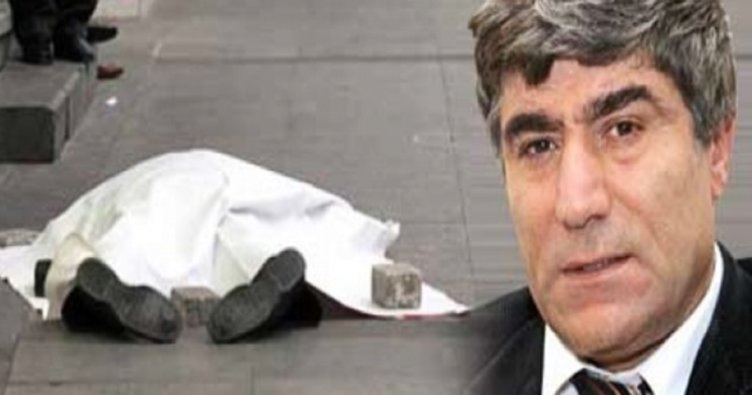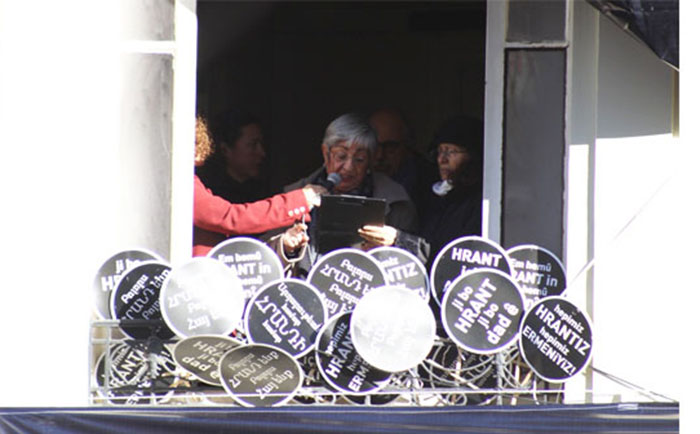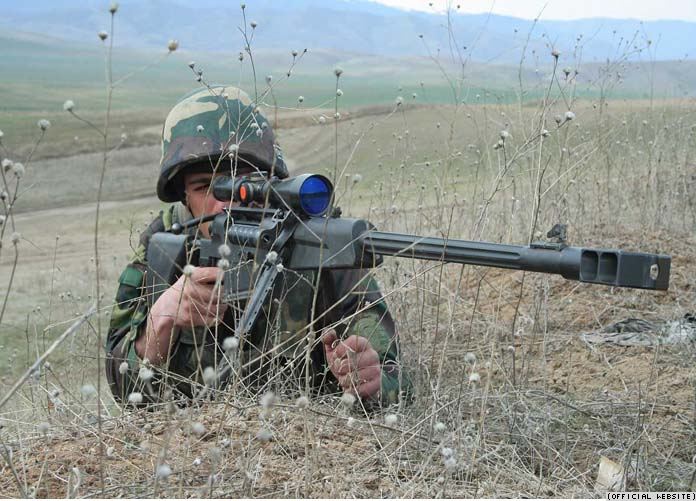A measure of time can be as much a measure of epic progress as it can be one of abject failure. Indeed, on May 28, 1918, just three short years after that fateful April 24 in 1915, an independent Armenia—an actual country—was secured in the face of an appalling blood-thirst on the treacherous fault line between some of the most tyrannical forces on the globe. Of course, that was then.
Today, our yardstick is an embarrassingly generous one by comparison: a period of eleven years, some 4000 individual days. And despite the wide margin of opportunity we have afforded ourselves, and the clarity of the message that invited that bullet that lay brother Dink to the pavement, we have squandered this decade plus in a style that is only uniquely ours: embarrassingly innate echoes of loss and commemoration emanating like an uninspiring droll from our community soapboxes—and, plainly, drivel else. Let’s face it: we prefer to commemorate Hrant Dink than to be Hrant Dink.
We have our own way, of course, honed to a near perfect science. We prefer the moments of silence to the outcries of activism. We prefer the simplicity of the fatalistic shrug to the complexity of an utterly consuming hope. We insist that others keep Genocide on their tongues rather than compel our own to keep our tongue from the still striking hatchet of the Genocide. We prefer the lighting of candles in our churches to the seeking of our bloodlines in mosques. We prefer the succor of our knowns to the perils of our unknowns. You see, we are not Hrant Dink.
But we should be. We should embrace, not avoid, the truths of our actual condition on the very soil on which that condition was forever interrupted—but not ended. We must turn and look for those trees of which our grandfathers spoke; the creeks of which they sang and the rustle of the leaves of which they wrote. They are still there . . . and, among them, even some human beings. Some with names they remember, some with stories they recall and some with hopes they can almost still summon. Hrant Dink knew this.
And it is against these truths that his legacy must be measured. Justice for the assassination of Hrant Dink will not come in a courtroom, just as justice for the assassination of Martin Luther King did not. It will come in the most unorthodox of ways. It will come when the term Armenian no longer means “ni**er” in Istanbul; it will come when the Armenian grandmother in Mardin needs no longer hide her heritage from her own child; it will come when Armenian history is the required curriculum in Turkish universities and the Armenian language an elective in Turkish schools. And it will come each and every time an Armenian walks the hills his ancestors climbed and rests in the valleys in which they walked.
It has a dreaminess to it, and it should: it is the human struggle, this version imbued colorfully with a uniquely Armenian, even Sarian-esque, hue in the background and marked shockingly with a dark strike of a sharp brush across the canvas. It is the reality of the piece: unjust and ugly, imperfect and unclean, scabbed yet unhealed, unfulfilled but still breathing. It is our most difficult chapter in that absolutely human struggle. Hrant Dink understood it as such. True blood and disciples Raquel, Paylan, Nisanyan, Kavala, Çetin, Nalci and Tekir have all understood it as such. It is time we too learn to understand it as such.
We are not all Hrant Dink. But we can be—and just imagine how very different our next century could be for it.
ARMENIAN RIGHTS WATCH COMMITTEE—ARWC
ARMENIAN BAR ASSOCIATION









